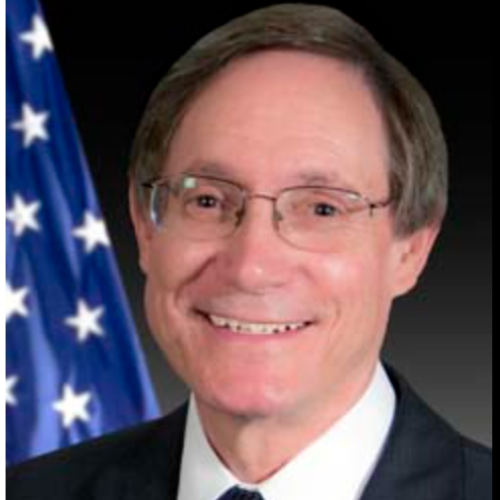
Throughout his career as an advocate, an academic, and a regulator, Bob Adler has sought to protect consumers, with a special focus on the safety of those using consumer products. After graduating from the University of Michigan Law School, he served as deputy attorney general for the Pennsylvania Justice Department, where he headed the southwest regional office of the Pennsylvania Bureau of Consumer Protection. During this period, he also helped found the nonprofit Alliance for Consumer Protection based in Pittsburgh. From 1973 to 1984 he served as an attorney-advisor to two commissioners of the Consumer Product Safety Commission (CPSC). One of these commissioners was fellow CPC expert David Pittle, his co-author of an influential law review article on the greater effectiveness of regulation than consumer education campaigns. Adler then served for several years as counsel to the House Committee on Energy and Commerce, led by Henry Waxman, on CPSC and product safety issues.
For the next twenty-plus years, Adler was as a professor of Legal Studies and the Luther Hodges Jr., Scholar in Ethics and Law at the University of North Carolina, where his research included product safety, product liability, regulation, commercial law, medical malpractice, and negotiation. In 2009, he was appointed by President Obama as a commissioner of the CPSC, a position he held until 2021. Adler was elected six times to the board of directors of Consumers Union.
Print Interview
Ayo Aladesanmi, “Consumer Protection in the 21st Century,”The Regulatory Review (August 2023)
Article
“Reflections of an Unapologetic Safety Regulator,”The Regulatory Review (October 2022)
Journal Article
With A. Popper, “The Misuse of Product Misuse: Victim Blaming at its Worst,” William and Mary Business Law Review (2019)
Broadcast Interview
“National Commission on Product Safety,” C-Span (August 2014)
Article
“Opinion: Moving forward on product safety,” Politico (July 2013)
Broadcast Interview
With others, “Consumer Product Safety Commission podcast,” Federalist Society (2013)
Journal Article
“Negotiating With Liars,” MIT Sloan Management Review (Summer 2007)
Journal Article
“Flawed Thinking: Addressing Decision Biases in Negotiation,” Ohio State Journal on Dispute Resolution (2005)
Journal Article
“When David Meets Goliath: Dealing with Power Differentials in Negotiations,” Harvard Negotiation Law Review (2000)
Journal Article
With others, “Emotions in Negotiation: How to Manage Fear and Anger,” Negotiation Journal (April 1998)
Journal Article
With R. Leflar, “The Preemption Pentad: Federal Preemptions of Products Liability Claims After Medtronic,” Tennessee Law Review (1996-97)
Journal Article
“Redesigning People versus Redesigning Products: The Consumer Product Safety Commission Addresses Misuse,” Journal of Law & Politics (1995)
Journal Article
With R. Mann, “Good Faith: A New Look at an Old Doctrine,” Akron Law Review (1995)
Journal Article
“The Last Best Argument for Eliminating Reliance from Express Warranties: “Real-World” Consumers Don’t Read Warranties,” South Carolina Law Review (1994)
Journal Article
With R. Mann, “Preemption and Medical Devices: The Courts Run Amok,” Missouri Law Review (1994)
Journal Article
“Stalking the Rogue Physician: An Analysis of the Health Care Quality Improvement Act,” American Business Law Journal (1990-91)
Journal Article
“Shaping Up Federal Agencies: A Basic Training Program for Regulators,” Journal of Law & Politics (1989-90)
Journal Article
“From ‘model agency’ to basket case – can the Consumer Product Safety Commission be redeemed?” Administrative Law Review (1989)
Journal Article
With T. Schwartz, “Product Recalls: A Remedy in Need of Repair,” Case Western Reserve Law Review (1984)
Journal Article
With D. Pittle, “Cajolery or Command: Are Education Campaigns an Adequate Substitute for Regulation?” Yale Journal On Regulation (1983-84)
The Consumer Policy Center (CPC) is an independent think tank of experts dedicated to researching and analyzing consumer policy issues, with a mission to advance and protect the interests of consumers.